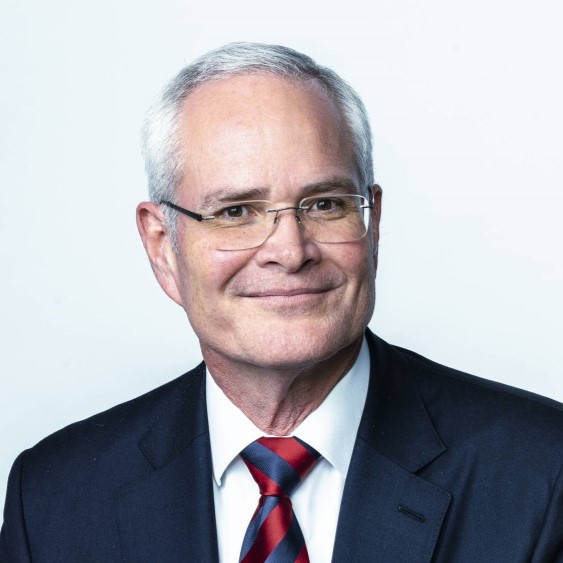ExxonMobil: Strengthening Global Energy Security
ExxonMobil is dedicated to serving society’s demands for goods fundamental to contemporary living, offering dependable energy, and investing in a future energy system with reduced emissions. ExxonMobil employs a thorough, scientific approach to increase efficiency and, eventually, assist in the decarbonization of transportation. “ExxonMobil manages an industry-leading portfolio of resources and is one of the world’s largest integrated fuels, lubricants, and chemical companies. We’ve evolved our operating model and global organization to leverage better the scale of our increasingly integrated company and global brands. We have three core businesses with operations worldwide,” says Darren W. Woods, Chairman and CEO.
The contemporary energy solutions required by the world need to have a future perspective as well. Families worldwide are feeling the effects of the present mismatch in supply and demand in the oil and natural gas markets. The need for oil and refined goods like gasoline and diesel fuel is now more significant than the supply, raising prices. The limitations imposed by the pandemic are also a primary cause of the scenario. The recent Russian invasion of Ukraine also paved the way for the situation. “ExxonMobil is investing more money to grow oil and gas production than any other U.S. company. As a result, we invested twice as much to develop global energy resources than we earned ($118 billion invested vs. $55 billion earned) between 2017 and 2021. We have invested for decades to develop new energy resources to help meet society’s growing needs. Even during the global pandemic, when ExxonMobil lost $22 billion, we continued to invest in developing new energy resources with an expectation that the economy and global demand would eventually rebound,” explains Woods.
Last year, as part of expanding its portfolio, ExxonMobil expressed interest in developing biofuels. As a result, ExxonMobil recently acquired a 49.9% stake in Biojet AS. This Norwegian biofuels company intends to transform forestry and wood-based construction waste into biofuel. This move is part of ExxonMobil’s strategy to increase its involvement in biofuels that can reduce greenhouse gas emissions in the transportation sector. According to rules from Norway, the European Union, and the United Kingdom, biofuels and biofuel components can satisfy the criteria for advanced fuels. For example, according to the European Union Renewable Energy Directive, biofuels from wood waste can reduce life-cycle greenhouse gas emissions by about 85% compared to petroleum-based diesel. Lower-emission transportation is one of the critical areas of expertise for the enterprise. Today, about 25% of CO2 emissions are related to transportation.
ExxonMobil provides a variety of items, such as innovative lubricants and fuels, lightweight materials, and lubricants and fuels that enhance performance, durability, and efficiency while reducing emissions. “We’re proud of our role in lifting people’s living standards and reducing emissions through the innovative energy and product solutions we provide. From high-tech, lightweight plastics for smartphones, EVs, and medical devices, to high-powered fuels for aircraft, lubricants for wind turbines, and flexible films for food preservation, our team has created innovative solutions that make modern life possible. Today, about two-thirds of the products we make are used by commercial and industrial companies – including electric utilities, trucking, and other commercial transportation, and heavy industries like steel and cement,” informs the CEO.
ExxonMobil employs a thorough, scientific approach to increase efficiency and, eventually, assist in the decarbonization of transportation.
© 2025 Focus Outlook




